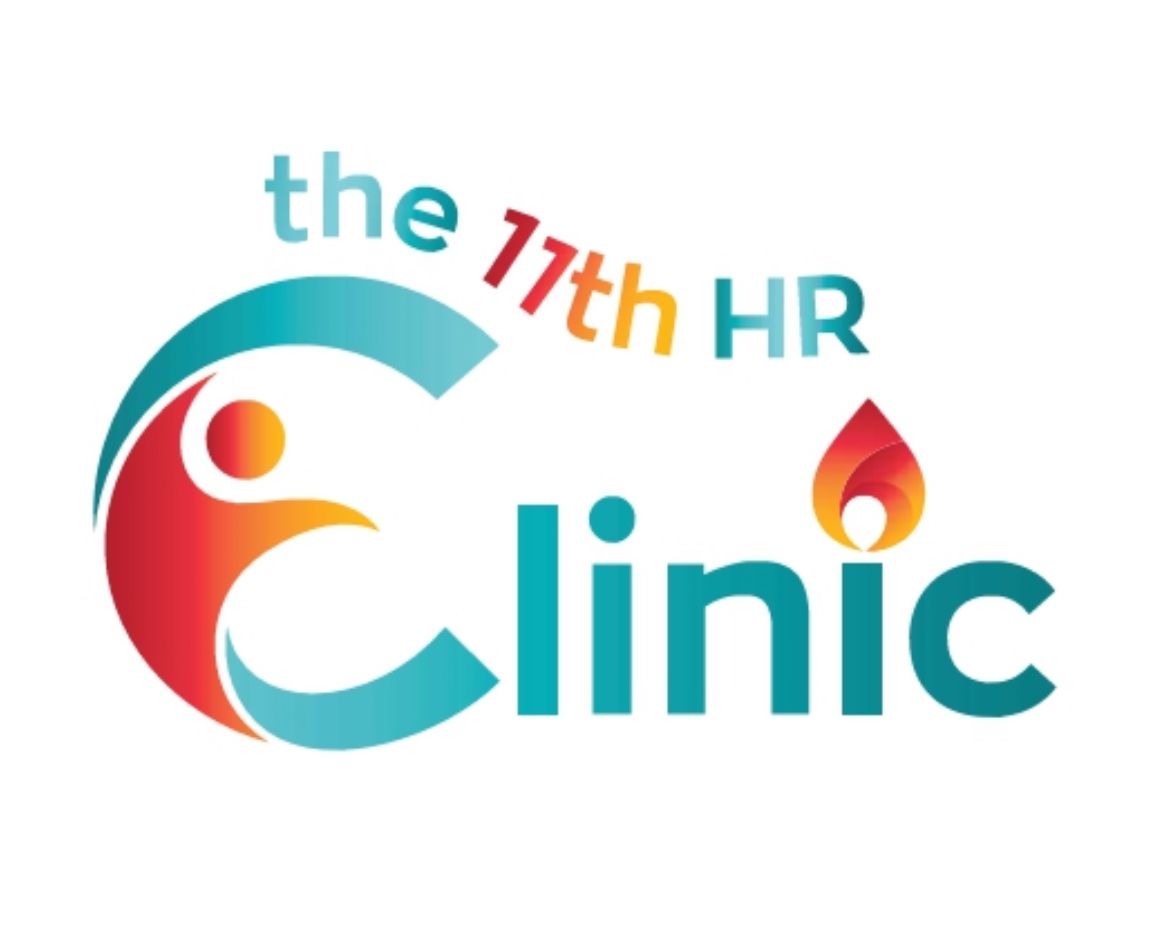Understanding the Dunning–Kruger Effect in Today’s Age of Entitlement
Overconfidence, learning blind spots, and how to foster professional humility
The Dunning–Kruger effect describes a cognitive bias in which individuals with lower competence in a domain overestimate their abilities, while high performers often underestimate theirs. This mismatch arises partly from a “double burden”: those least skilled not only perform poorly but also lack meta-cognitive awareness to recognise their shortcomings (Kruger & Dunning, 1999). In our current educational cultural climate, what some call the "age of entitlement", there’s an amplified expectation that everyone deserves success and recognition, regardless of experience or skill level. This sense of entitlement can exacerbate overconfidence, reinforcing Dunning–Kruger–style distortions, especially when feedback and reflection are sidelined (Dhingra et al., 2024).
The Psychology Behind the Bias
1. Meta-cognitive deficits
Dunning and Kruger’s original research, along with more recent studies, demonstrates that individuals with low ability in a given domain often lack the meta-cognitive skills required to accurately assess their own performance. Meta-cognition refers to the capacity to think about and evaluate one’s own thinking. This is effectively knowing what you know and what you don’t. When someone lacks both the skills to perform a task well and the awareness to evaluate their performance accurately, they are at a double disadvantage. They not only underperform but also fail to recognise their underperformance. This leads to a sincere and often confident overestimation of their abilities, because they don’t yet possess the insight or feedback experience to identify errors or limitations (Kruger & Dunning, 1999; Dhingra et al., 2024). These meta-cognitive deficits aren't necessarily the result of arrogance or unwillingness to learn. Rather, they are a natural byproduct of inexperience, which is why training, reflection, and feedback are necessary to help individuals develop more accurate self-perception.
2. Statistical and rational models
While many explanations for the Dunning–Kruger effect focus on meta-cognitive blind spots, some researchers suggest that part of the effect may be explained by statistical patterns and human judgment tendencies. For example, regression to the mean means that people who perform extremely poorly on one test are statistically likely to perform slightly better on the next, making their initial overconfidence appear more pronounced than it really is. Another factor involves optimistic assumptions: individuals with little knowledge often assume they are “average” or “above average” simply because they don’t know enough to spot their limitations. These overly positive expectations, called optimistic priors, can lead to inflated self-ratings, not necessarily due to arrogance but due to a lack of experience and feedback (Zell, Krizan, & Teeter, 2020).
3. Confidence peaks with minimal knowledge
Research exploring how people assess their own knowledge, particularly in fields like science, logic, and mathematics has shown a consistent pattern. Confidence tends to rise quickly as people gain just a little bit of knowledge, before dropping again as they begin to grasp the true complexity of the subject (Kotovsky & Tishby, 2019). This creates what is sometimes referred to as the peak of inflated confidence, a stage where individuals have acquired just enough information to feel sure of themselves, but not enough to understand how much they still don’t know. As learning progresses, and the person begins to see the broader landscape of the field, their confidence often decreases, even as their actual competence improves. This phenomenon explains why early learners or new professionals may feel disproportionately confident, while more advanced experts express humility or uncertainty, not because they know less, but because they’re more aware of how much there is to know. This pattern reinforces the need for structured, scaffolded learning and guided reflection to help learners avoid misjudging their true level of expertise.
Impacts on Learning Capacity
Academic Concepts Applied to Everyday Professions
In retail and frontline leadership roles, particularly among early-career supervisors, the Dunning–Kruger effect can be clearly observed. Supervisors with limited experience may overestimate their leadership or conflict-resolution abilities, while more seasoned colleagues may undervalue their own insight due to a deeper awareness of the complexity involved (ERIC, 2023). Research shows that without structured feedback and support, inexperienced supervisors are likely to make confident yet flawed decisions, especially in areas like rostering, performance management, or customer conflict resolution. However, those who engage in reflective learning and receive real-time feedback develop stronger meta-cognitive accuracy and better long-term outcomes (Dhingra et al., 2024). The implications go beyond individual performance. Poor self-awareness in supervisory roles can cascade through team morale, customer satisfaction, and even compliance outcomes, especially when feedback is lacking or minimised due to hierarchical discomfort or workplace culture (ERIC, 2023).
Professional Upskilling
Awareness and explicit training on cognitive biases, as demonstrated in domains like software engineering and healthcare, can reduce overconfidence and improve judgement (Kahneman et al., 2018).
Professional Behaviour & High-risk Professions
When overconfidence harms
In high-stakes domains such as emergency services, transport, or law enforcement, cognitive distortions can lead to errors or dangerous decisions (Nguyen, 2023).
Building safer cultures
Organisations can counteract this by encouraging humility, continuous evaluation, multi-source feedback, and a culture of reflective learning (Clark et al., 2022).
Strategies to Mitigate the Bias
1. Cultivate meta-cognition
Regular self-testing and reflective exercises empower individuals to recognise knowledge gaps (Dunning, 2011).
2. Embrace feedback loops
Constructive peer and supervisor feedback disrupts overconfidence and fosters realistic self-assessment (Frontiers in Psychology, 2022).
3. Debiasing training
Explicit bias-awareness workshops significantly reduce faulty judgments in professional contexts (Rao et al., 2018).
4. Encourage a growth mindset
Framing errors as learning opportunities reduces entitlement driven complacency and promotes skill development (Dweck, 2006).
How the 11th hour clinic Can Help
In an era where both individuals and organisations are vulnerable to overconfidence, the 11th hour clinic offers targeted support through group supervision, professional reflection spaces, and organisational coaching.
These services are designed to help:
- Teams and leaders develop insight into blind spots and behavioural patterns that may hinder performance or psychological safety.
- Practitioners and managers engage in structured group supervision to improve accountability, critical thinking, and self-awareness.
- Organisations build cultures of reflective practice through bespoke coaching, workshops, and capability development.
By helping leaders and teams embed psychological safety and humility into daily operations, the 11th hour clinic supports sustainable high performance and adaptive leadership in complex environments.
References
Clark, H., Patel, K., & Ali, S. (2022). Building reflective safety cultures in high-risk professions. Journal of Safety Research, 81, 105–112.
Dhingra, G., Banerjee, R., & Cooper, P. (2024). The Dunning-Kruger Effect: A hidden obstacle to success. ResearchGate.
Dunning, D. (2011). The Dunning-Kruger effect: On being ignorant of one's own ignorance. Advances in Experimental Social Psychology, 44, 247–296.
Dweck, C. S. (2006). Mindset: The new psychology of success. Random House.
ERIC. (2023). Online learners and the confidence gap. Education Resources Information Center.
Frontiers in Psychology. (2022). Statistical vs. metacognitive roots of the Dunning-Kruger effect. Frontiers in Psychology, 13, Article 840180.
Kahneman, D., Lovallo, D., & Sibony, O. (2018). The psychology of decision quality. Harvard Business Review, 96(6), 58–66.
Kotovsky, T., & Tishby, N. (2019). Confidence dynamics in knowledge acquisition. arXiv.
Kruger, J., & Dunning, D. (1999). Unskilled and unaware of it: How difficulties in recognizing one’s own incompetence lead to inflated self-assessments. Journal of Personality and Social Psychology, 77(6), 1121–1134.
Nguyen, L. (2023). Cognitive bias in emergency professions. Journal of Student Research, 12(2), 88–94.
Rao, P., Sundar, M., & Khatri, A. (2018). Debiasing professionals through metacognitive training. arXiv.
Zell, E., Krizan, Z., & Teeter, S. R. (2020). Statistical artifacts and the Dunning–Kruger effect. Perspectives on Psychological Science, 15(6), 1322–1333.



